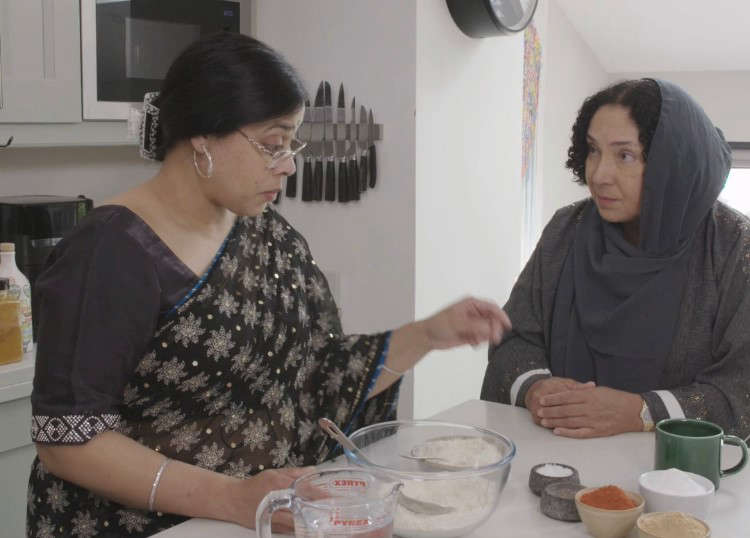
A new campaign encouraging women from Black and South Asian communities to attend breast screening and see their GP if they notice potential symptoms of breast cancer has been launched in Greater Manchester.
The campaign, led by Greater Manchester Cancer Alliance, part of the NHS, includes a series of four short films designed to dispel fears and break down cultural barriers surrounding breast cancer and screening.
Produced in partnership with The University of Manchester, Prevent Breast Cancer, the Caribbean and African Health Network, and Fatima Women’s Association, the films are available to watch now on YouTube.
Research shows that women from ethnic minority backgrounds are less likely to attend breast cancer screening and often take longer to visit their GP after noticing possible symptoms. As a result, they are more likely to be diagnosed at a later stage, when treatment can be more complex.
Ali Jones, Director of Early Diagnosis and Commissioning at Greater Manchester Cancer Alliance, said: “We know that in Greater Manchester, women from ethnic minorities are less likely to attend their breast cancer screening.
“Screening is important because it can save lives by spotting breast cancer early, when it is more likely to be curable.
“We hope these videos will help empower women to visit their GP as soon as they notice a potential symptom so they can be checked out. The chances are it won’t be breast cancer, but it is better to know.”
Researchers from The University of Manchester co-produced the films using a participatory approach that placed women from local ethnic minority communities at the heart of the project.
Professor Ashu Gandhi, Consultant Surgeon and Honorary Professor at The University of Manchester, explained: “This work is important as we are increasingly recognising the deeply entrenched inequalities in access to and provision of breast healthcare in the UK.
“Cultural beliefs and values can act as barriers, so our researchers used a unique methodology known as the Tree of Life to build trust and learn directly from women in South Asian, African and Afro-Caribbean communities.
“The overwhelmingly popular suggestion was to create short, relatable videos in a mini-drama format that would raise awareness and encourage women to seek help early.”
The scripts were reviewed by women from the communities themselves to ensure authenticity, and the films include validated behavioural change techniques to help encourage positive health action.
The series includes four titles:
- Checking is normal
- Better to be in the know
- Don’t be scared to get checked
- Breast screening is for everyone
One of the videos is also available in Urdu to ensure wider accessibility across Greater Manchester’s diverse communities.
Azra Zia, Health Inequalities and Community Engagement Officer at Prevent Breast Cancer, said: “Our mission is rooted in prevention and early diagnosis, and we are committed to ensuring these benefits are equitable and accessible to all.
“We believe these videos will play a vital role in communicating essential health messages to our diverse communities in ways that are both relatable and culturally meaningful.”
Fauzia Chaudhry, from Fatima Women’s Association, added: “Videos are one of the most effective ways to communicate health information. They can overcome literacy barriers, evoke emotion, and inspire action, especially when they feature real voices and stories from the community.”
And Samuel Okerenta, Assistant Marketing and Media Manager at the Caribbean and African Health Network, said: “It’s deeply concerning how often fear and uncertainty prevent Black women from seeking the care they rightfully deserve within the healthcare system.
These resources help to break down those barriers, reminding us that breast screenings are a normal part of everyday life and that seeking help early can, quite literally, save lives.”
The four short films are available now on YouTube at:
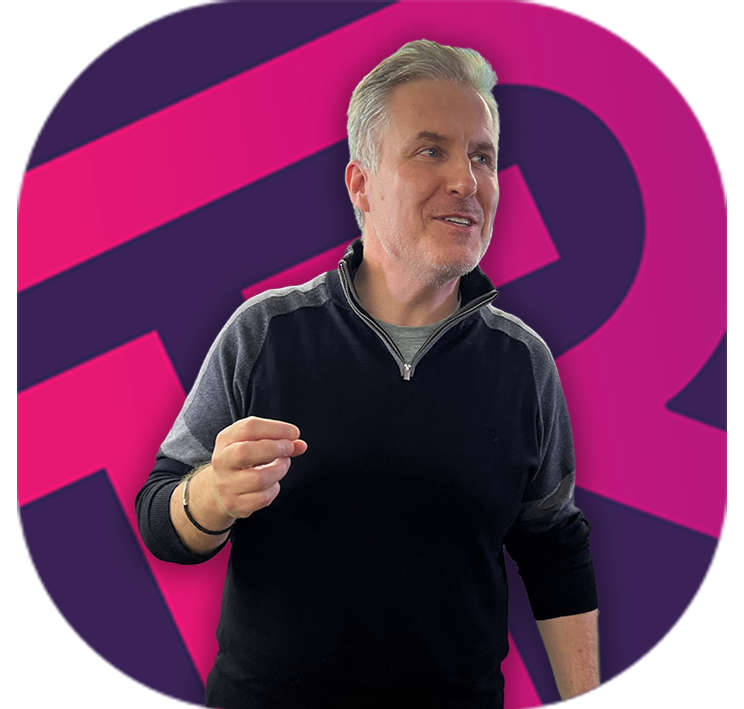

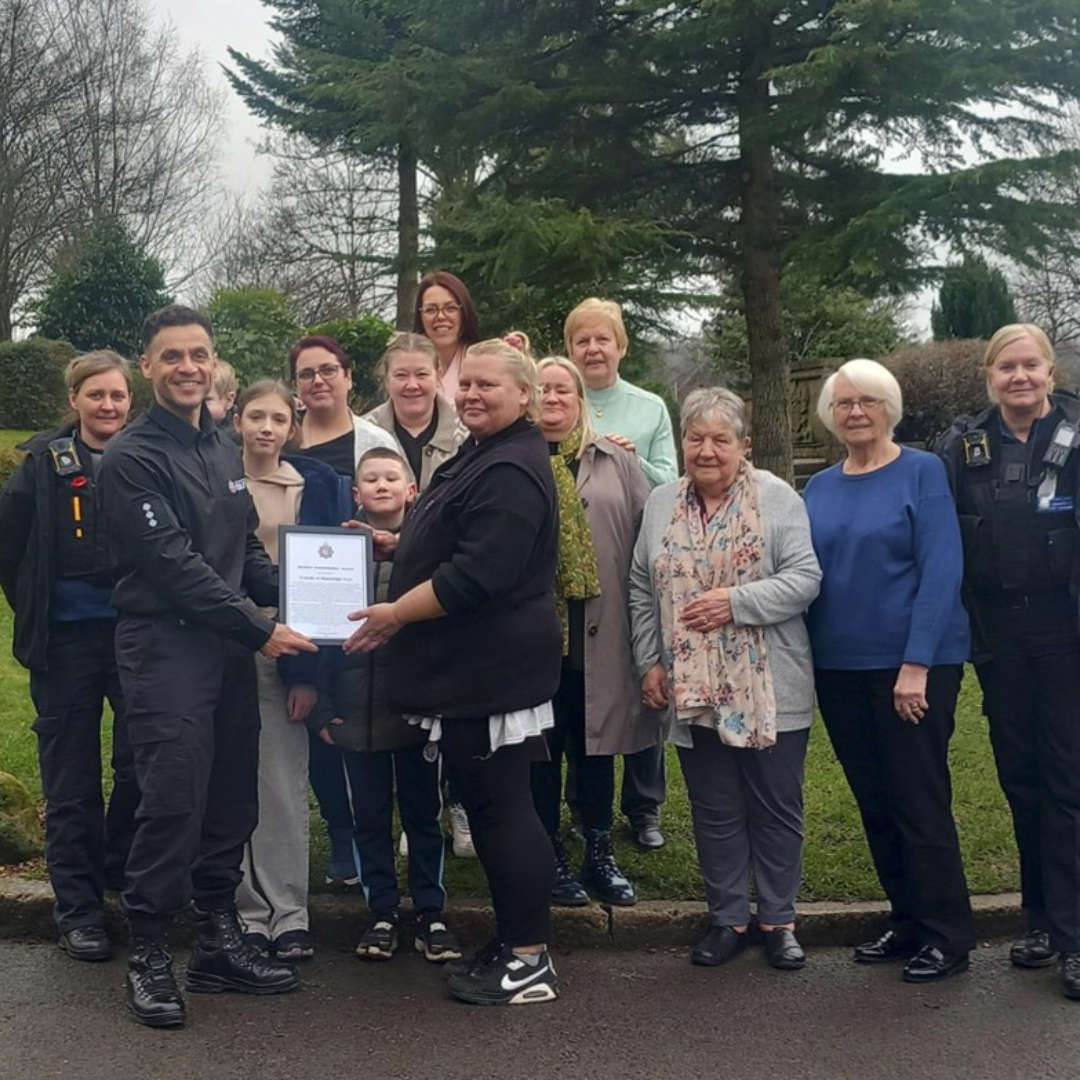 Derker community group recognised for support of Vulcan partnership work
Derker community group recognised for support of Vulcan partnership work
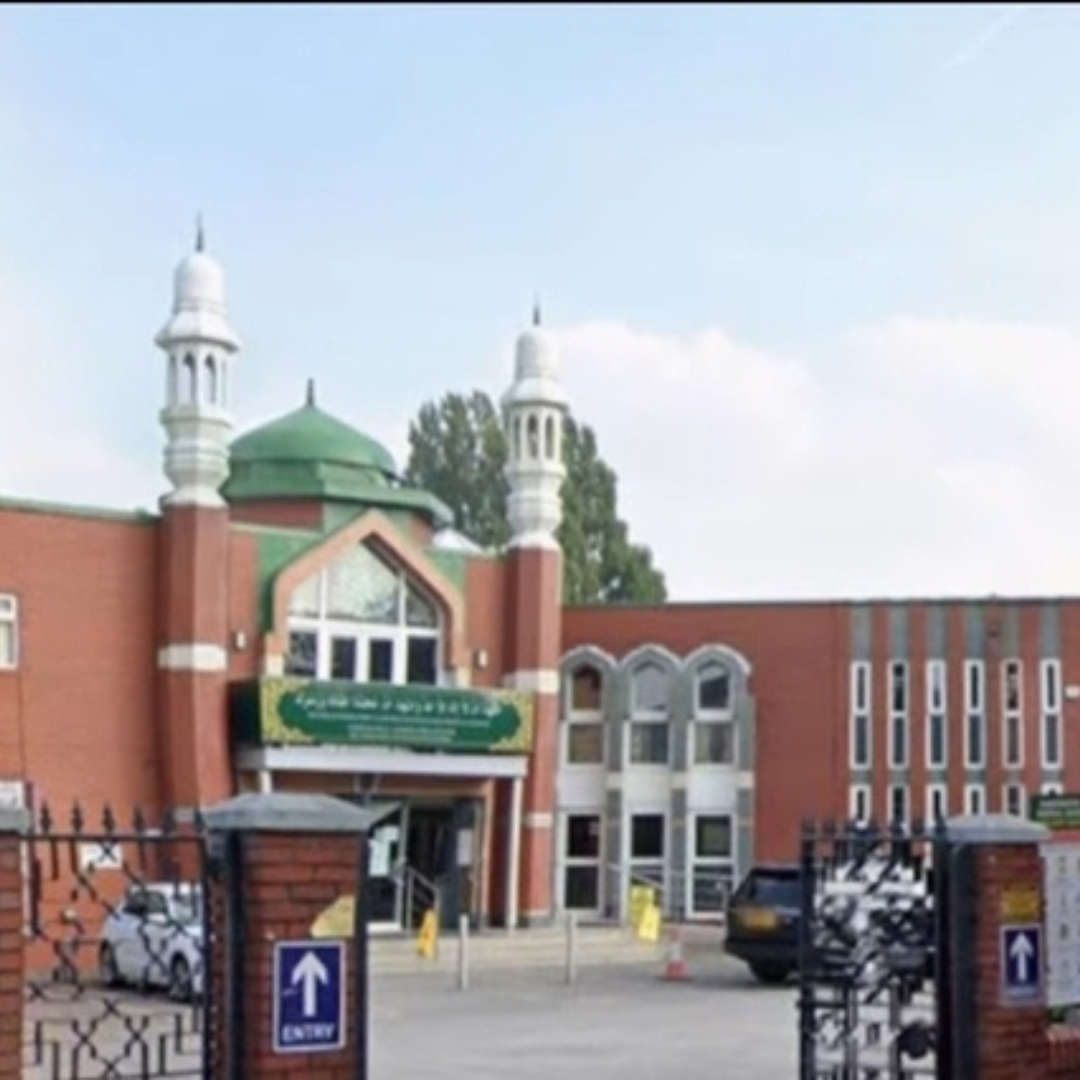 Second man arrested in connection with Manchester Mosque incident with local councillors expressing shock
Second man arrested in connection with Manchester Mosque incident with local councillors expressing shock
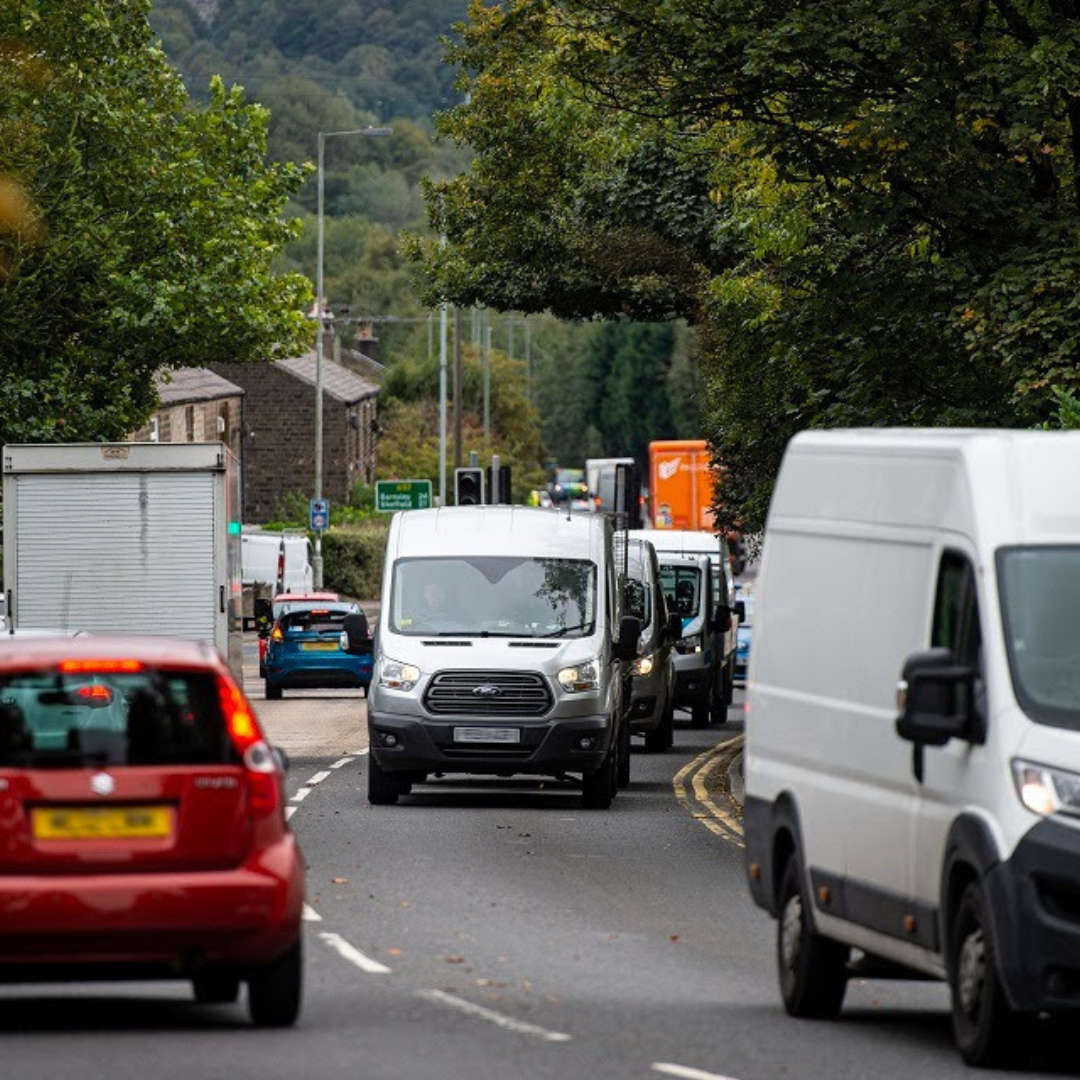 More roadworks in line for huge bypass scheme
More roadworks in line for huge bypass scheme
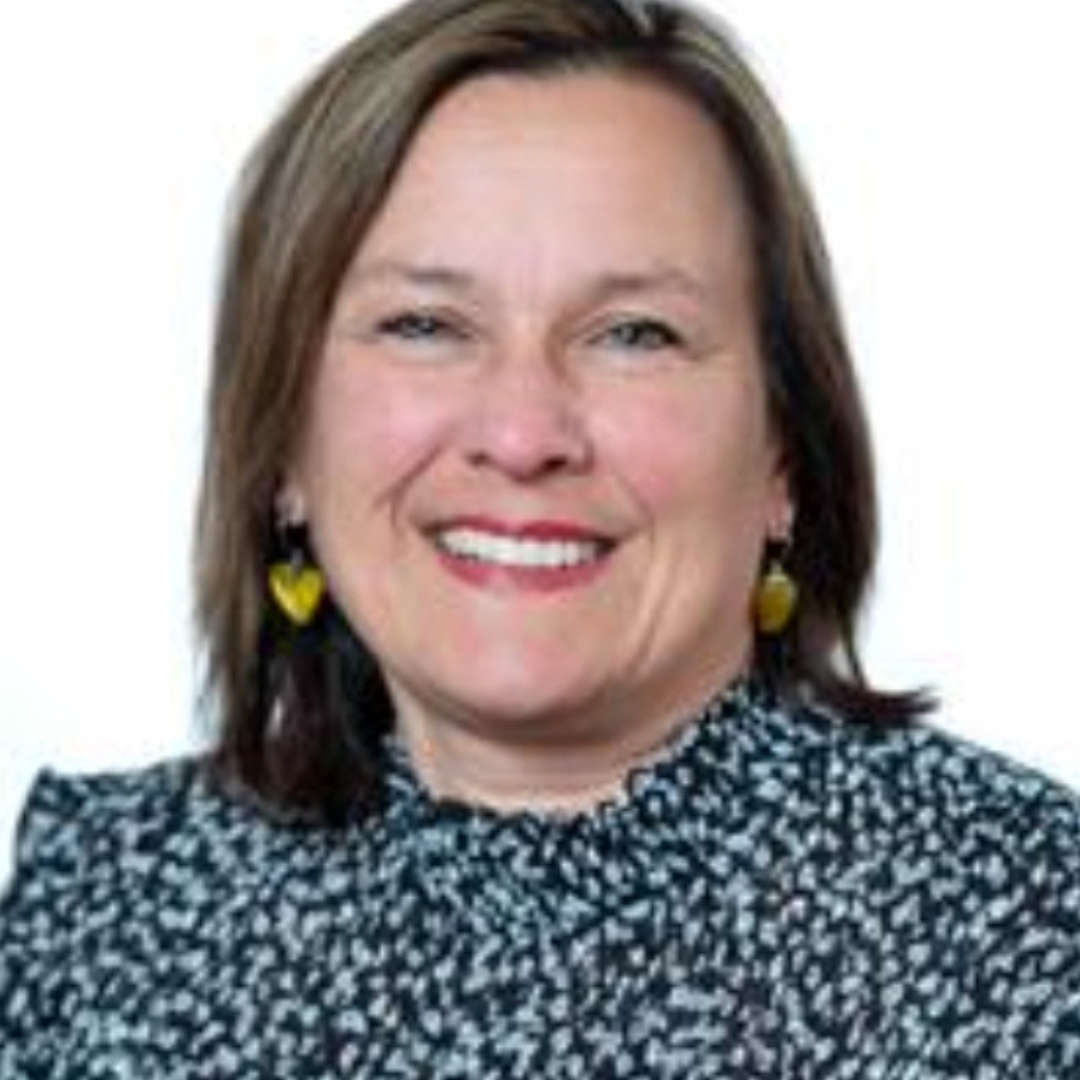 Council pushed to do more to support residents without internet access
Council pushed to do more to support residents without internet access



